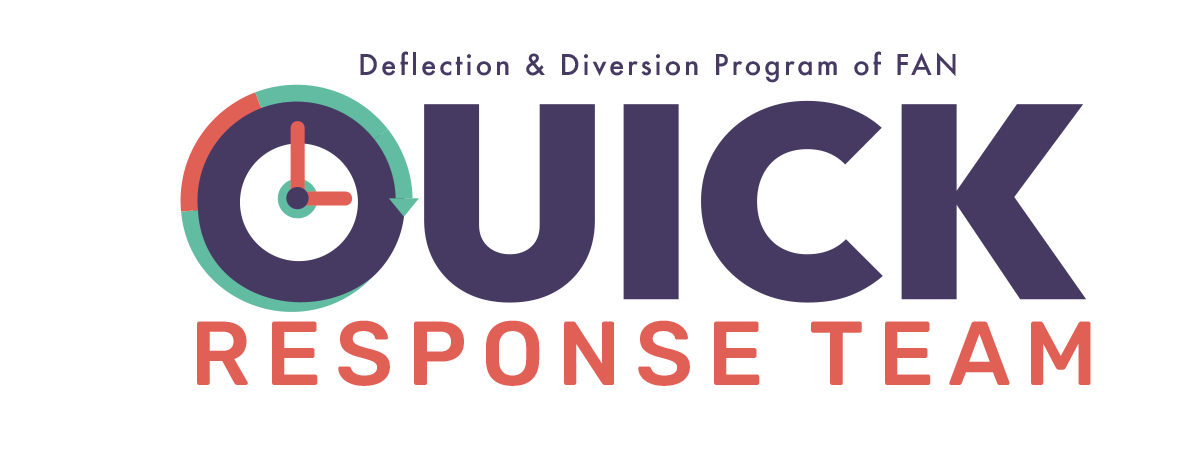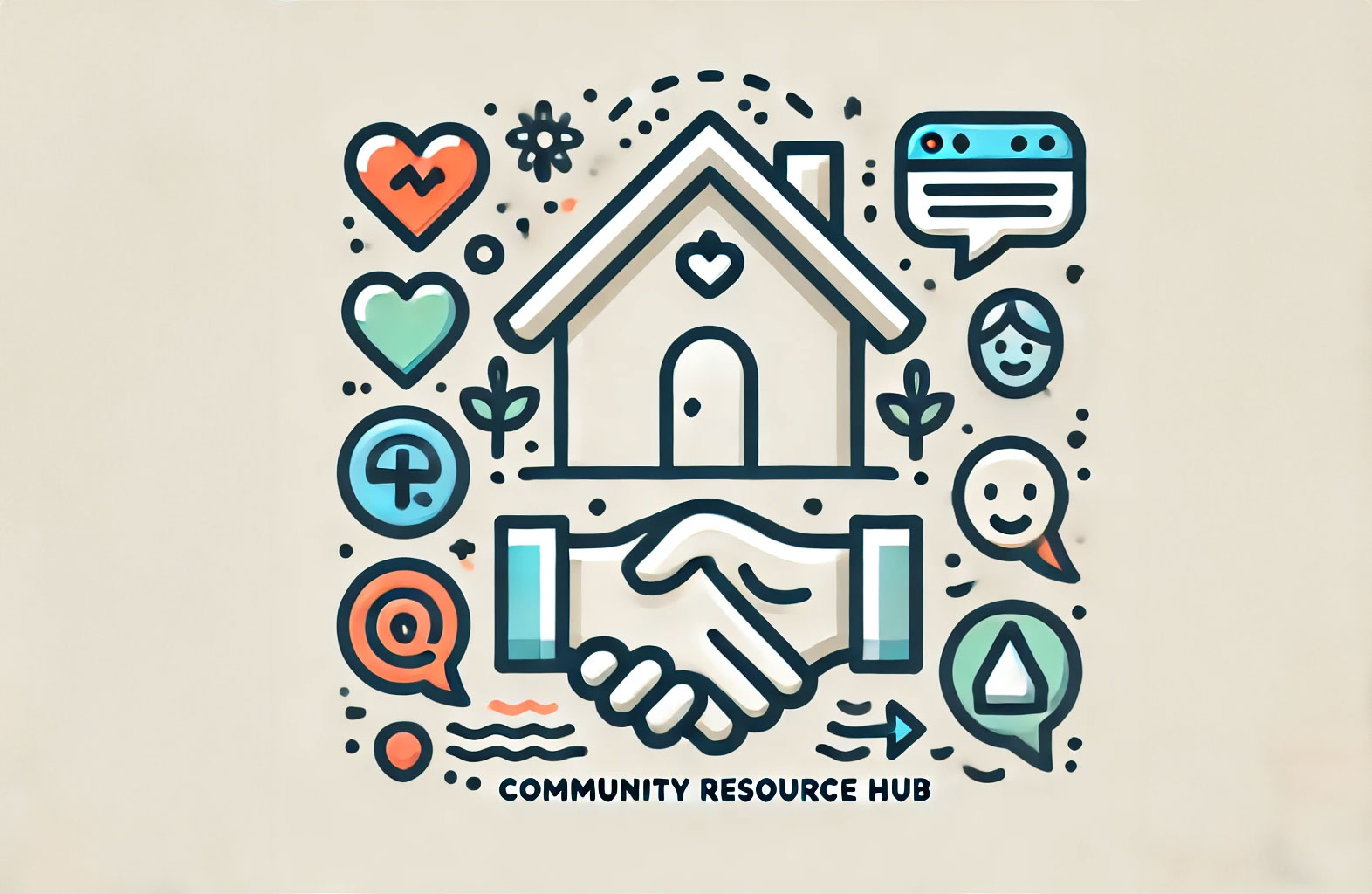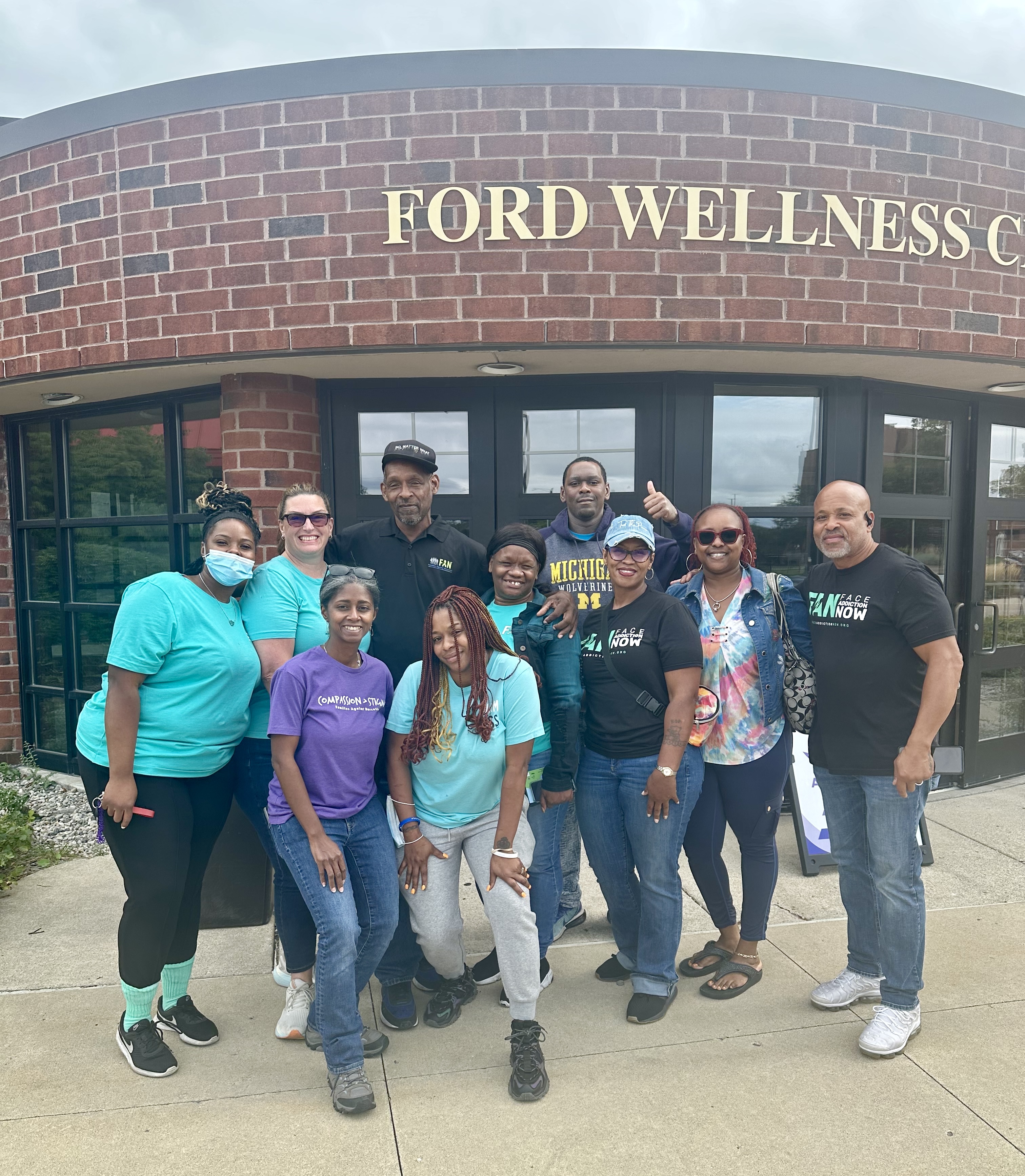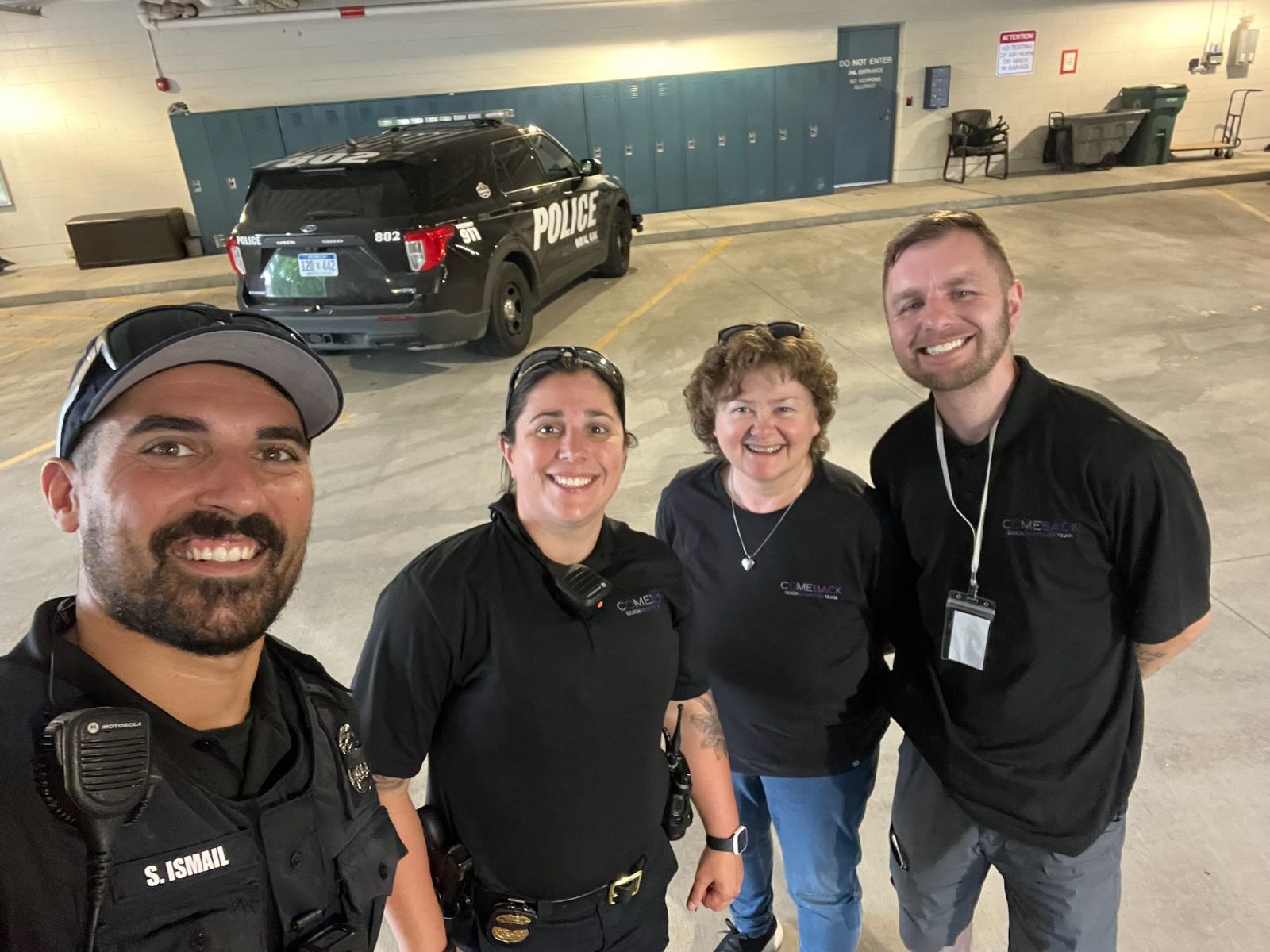The Quick Response Team (QRT) arrives equipped with harm-reduction supplies such as naloxone and fentanyl test strips. They also provide information on local community resources, treatment placement assistance, access to resources outside of the legal system, help with basic needs, and both peer and family support services.
- Save and restore lives
- Eradicate stigma associated with the disease of addiction
- Reduce barriers to care for people impacted by substance use
- Assist in the creation of community policing resources
- Reduce rates of recidivism

At Face Addiction Now (FAN), we believe that collaboration is essential to supporting those affected by substance use. By partnering with law enforcement, we have introduced innovative solutions aimed at changing the narrative surrounding addiction. Our goal is twofold: to reshape how individuals struggling with substance use view law enforcement, and to provide officers with a deeper understanding of the challenges faced by those in need of support.
We invite you to watch this video, where officers share their experiences and insights gained through participating in FAN's programs. Their feedback is a testament to the power of partnership and the positive change we are fostering together.

Explore our ever-growing directory of valuable resources within Michigan through the Community Resource Hub. Each resource is carefully vetted and approved before being added, ensuring you have access to trusted support. Easily filter resources by county and category to find the assistance you need. We continually update this listing with new forms of support to better serve your area. Discover what's available to you today.
If you’d like to submit a resource for entry or suggest changes or updates to the Hub, please email us at qrt@faceaddictionnow.org.
- Addiction Support
- Education
- Employment
- Family Services
- Transporation
- & More

Request A Visit
Visits are for people who have suffered an overdose, are at risk of an overdose, or whose drug use is dysregulated. The Detroit Quick Response Team (DQRT) connects individuals to treatment and recovery support through non-judgmental, compassionate outreach following a crisis. You can request a QRT visit by filling out the form below.
If you can’t wait for a QRT visit and want to get into treatment right away, contact Hope Not Handcuffs at the HopeLine: 833-202-4673.

Connecting with FAN’s QRT and jail diversion resources is crucial for enhancing community health and safety. By collaborating with FAN, police and community health workers can ensure a more effective and compassionate response to substance use crises; reducing recidivism and promoting long-term recovery. Utilizing these resources helps address the root causes of addiction, fosters recovery, and reduces the stigma associated with SUD. Together, we can create safer, healthier communities and support individuals on their journey to recovery.
Who is on the Quick Response Team (QRT)?
The team consists of trained professionals, including law enforcement officers, peer recovery coaches, and family recovery coaches, who work together to offer comprehensive assistance and connect individuals to treatment resources.
Who can refer someone to the QRT?
Referrals can come from various sources, including law enforcement, healthcare providers, community organizations, and concerned family members or friends. If you know someone in need of immediate support due to substance use, you can reach out to FAN to make a referral.
What kind of support does the QRT provide?
The QRT offers a range of support services, including crisis intervention, connection to treatment resources, peer recovery coaching, family support, and ongoing follow-up care. The team works to ensure that individuals receive the help they need to start their recovery journey and sustain long-term sobriety.
How can police and community health workers benefit from connecting with the QRT?
By connecting with the QRT, police and community health workers can enhance their response to substance use crises, ensuring that individuals receive timely and effective support. Collaborating with the QRT helps reduce recidivism, address the root causes of addiction, and promote recovery, ultimately leading to healthier and safer communities.
What is the role of jail diversion resources in the QRT program?
Jail diversion resources are integral to the QRT program, providing alternatives to incarceration for individuals with SUD. These resources focus on connecting individuals to treatment and support services, helping them avoid the criminal justice system and receive the care they need to recover.
How does the QRT ensure confidentiality and privacy?
The QRT adheres to strict confidentiality and privacy standards to protect the information of individuals seeking support. All interactions and personal information are handled with the utmost care and in compliance with relevant privacy laws and regulations.
How can I support the QRT and its mission?
You can support the QRT and its mission by donating to FAN, volunteering your time, or spreading awareness about the program and its benefits. Your support helps FAN continue providing essential services and making a difference in the lives of those affected by SUD.

